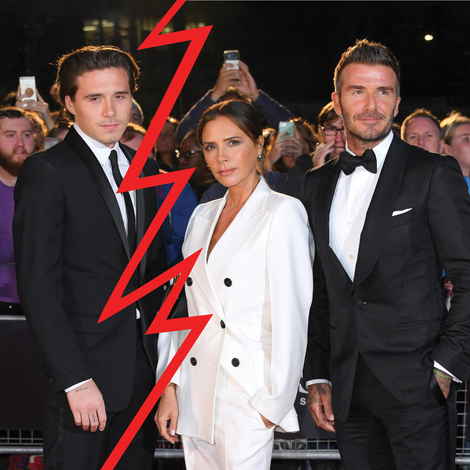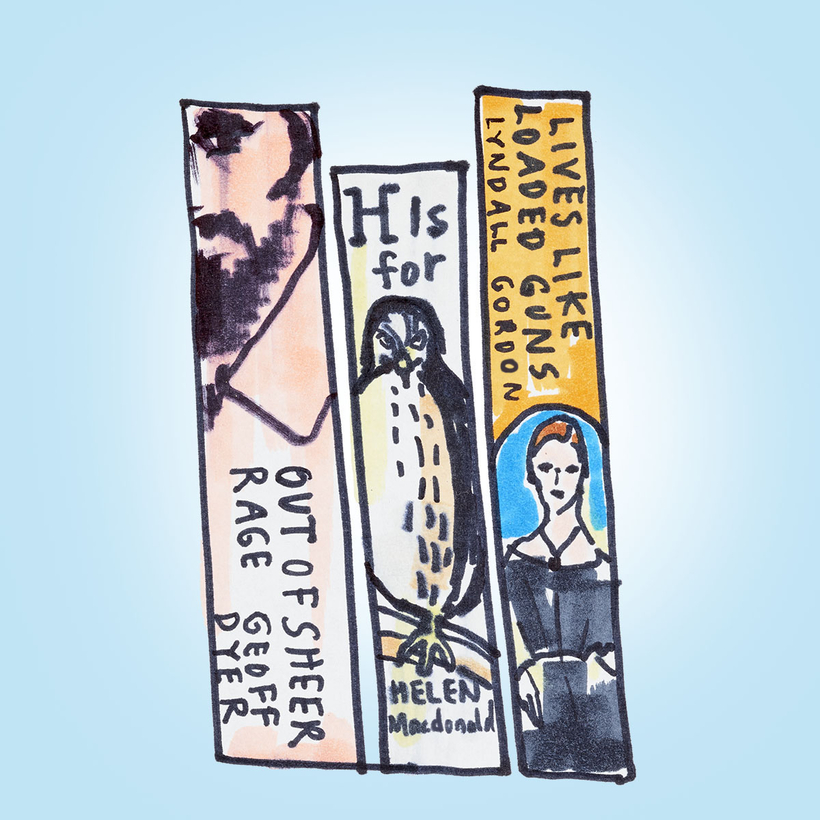“‘Life writing,’ as some people call biography these days, can take many forms,” says Casey Cep, the author of Furious Hours: Murder, Fraud, and the Last Trial of Harper Lee, out in paperback from Vintage next month. Cep’s book is neither a true-crime thriller nor a traditional biography, but rather an excellent mixture of the two, chosen by President Obama as one of his favorites of 2019. Here, the author—whose own book was born in part of her love for “the tradition of untraditional biographers,” she says—recommends three others in the genre that “make good writing seem contagious—as if trying to write about a good writer is a way of becoming a better one yourself.”
Out of Sheer Rage, by Geoff Dyer
One of the best biographies I’ve ever read is, by any reasonable standard, one of the worst ever written. Once upon a time, Geoff Dyer decided he was going to write a “sober, academic study” of the writer D. H. Lawrence, but instead he wrote Out of Sheer Rage. The plot, if you could call it that, involves Dyer going around the world to all the places where Lawrence lived—England, Sicily, Mexico, New Mexico—but failing to write about Lawrence while he is there. Instead, Dyer writes about food, writer’s block, television, travel, motorcycles, seat belts, and everything else. His sentences swell with the anxiety of an idea unfulfilled, a project unfinished, and a writerly debt unpaid, and yet the book is joyfully fulfilling, finished, and priceless. (Apparently Lawrence had done a similar thing to Thomas Hardy, so all’s fair in love and literary influence.)
H Is for Hawk, by Helen Macdonald
It’s delightful, really, the way that Out of Sheer Rage teaches you so much about Lawrence without you ever realizing it—the same is true of Helen Macdonald’s glorious H Is for Hawk, which is a biography of T. H. White but also a memoir, field guide, hawk-training manual, and philosophical treatise on what it means to be human. Macdonald writes as much about her father, Alisdair, and she does about her own goshawk, Mabel, as she does about White and his hawk, Gos, but, somehow, even when she’s not writing about White, she is teaching you about his life and deepening your understanding of his work.
Lives Like Loaded Guns, by Lyndall Gordon
Lyndall Gordon has written biographies of Mary Wollstonecraft, Virginia Woolf, Charlotte Brontë, T. S. Eliot, and Henry James, and while I love every one of those writers, my favorite of her books is Lives Like Loaded Guns, a biography of Emily Dickinson told through her family’s feuds. It was Dickinson’s younger sister who found her poems after she died, but it was her sister-in-law and her brother’s mistress who fought over her posthumous legacy. What I admire about Gordon’s book is how unabashedly she takes sides, not only in the various academic debates about Dickinson’s epilepsy or the identity of the “Master” in her letters but in Dickinson’s brother’s adultery and the sordid family drama that follows. It’s delicious to have a poet so often encased in amber set free and living her life in such a messy mini-series.


